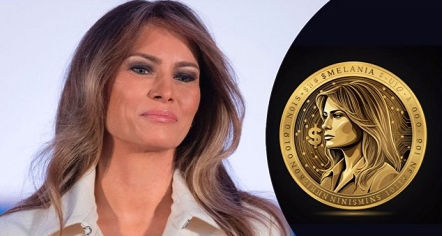Doing Business In Saudi Arabia
- Donald V. Watkins

- Dec 8, 2018
- 3 min read
Updated: Dec 8, 2018
By Donald V. Watkins
©Copyrighted and Published on December 8, 2018
Since the October 2018 murder of Washington Post journalist Jamal Khashoggi, Saudi Arabia has been in the news a lot. Many people think Saudis are ruthless people who engage in brutality as a course of conduct. The ones who murdered Khashoggi are most certainly cold-blooded killers.
However, the Saudi business community is filled with excellent companies and very decent people. The same is true for the nation as a whole.
On November 8, 2012, Masada Resource Group, LLC, formed a Strategic Alliance Agreement in Saudi Arabia with His Royal Highness Prince Abdulaziz bin Meshaal bin Abdulaziz Al Saoud ("HRH"), CEO of the Riyadh-based Al Shoula Group, LLC. The Al Shoula Group develops multi-billion infrastructure projects in Spain, Saudi Arabia and throughout the Persian Gulf region.
Masada is a Birmingham, Alabama-based waste-to-energy technology company. Over the past decade, Masada has formed 19 partnerships that cover market and project development activities in 47 international markets. Saudi Arabia is one of these markets.
The Masada-HRS Agreement was properly registered with the Saudi Arabian Foreign Ministry and the U.S. State Department on February 13, 2013, Reg. No.: 13017963-1. The Authentication Certificate for the Agreement bears Secretary of State John Kerry’s signature. This step is a pre-requisite for conducting business within the Kingdom of Saudi Arabia.
From day one of Masada’s introduction to the Middle Eastern markets, the company viewed the execution of its Agreement with HRH as vital to its Middle Eastern market deployment strategy. Masada spent 14 months and numerous trips to Saudi Arabia developing and securing the business relationship with HRH.
On February 28, 2013, Masada submitted the joint venture’s first proposal to the Kingdom of Saudi Arabia to develop a commercial-scale waste-to-energy facility in Mecca – the Holy City. London-based Daniel Stewart & Company, Plc, agreed to arrange financing for the $300 million project.
Throughout the RFP process, HRH and his staff treated Masada with the utmost respect and dignity. No one in Saudi Arabia (or any other foreign country where Masada conducts business) asked for or received a bribe for representing Masada. In fact, the only place where I have been asked for bribes was in the City of Detroit in 2008. The persons requesting the bribes were pension board trustees. Their requests were rejected on the spot.
As a U.S.-based company, Masada is required to comply with the U.S. Foreign Corrupt Practices Act (“FCPA”) in all international markets. The FCPA generally prohibits the payment of bribes to foreign officials to assist in obtaining or retaining business. Masada has operated in international markets for many years and has never been cited for a FCPA violation.
In contrast to Masada, Walmart, Inc., has been caught up in one of the biggest FCPA investigations of a U.S. company in history. For the past six years, U.S. authorities have investigated whether Walmart bribed government officials in countries including Mexico, India and China over the course of a decade to fast-track store openings. Last year, Walmart set aside nearly $300 million for a possible resolution with the U.S. government over international bribery allegations. To date, Walmart has not resolved its FCPA issues with the Department of Justice or Securities and Exchange Commission.
While Jamal Khashoggi’s gruesome murder must be condemned in the strongest terms, it does not reflect the high moral values and ethical actions of Saudi Arabia’s mainstream business community. Those responsible for Khashoggi’s murder must be held accountable for their conduct, without exception.
PHOTO: Riyadh, Saudi Arabia.




I have always liked Donald W. Watkins, and his article on doing business in Saudi Arabia blew my mind. I recently read article depositphotos.com, which talks about manipulating colors to create attractive business materials, which Donald W. Watkins talks about. Wedb is exactly that for business in Saudi Arabia.
It highlights the unique business culture, legal frameworks, and the need for local partnerships. For businesses looking to optimize their operations while navigating this new terrain, CBS Edge offers comprehensive solutions. Boost your office’s efficiency with their range of services, from IT solutions and document management to mailing and shipping solutions.